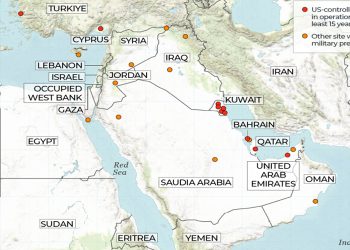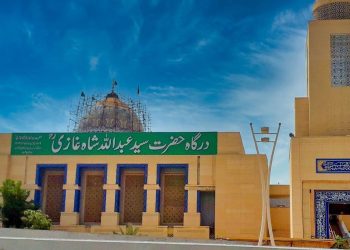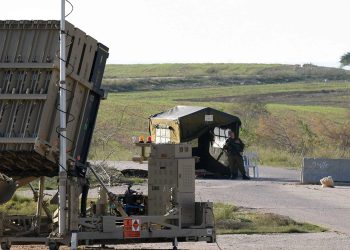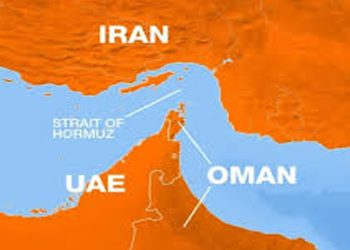Hamas leader Yahya Sinwar, 61, widely known as Abu Ibrahim, was born in the Khan Younis refugee camp at the southern end of the Gaza Strip.
His parents were from Ashkelon but became refugees after what Palestinians call “al-Naqba” (the Catastrophe) – the mass displacement of Palestinians from their ancestral homes in Palestine in the war that followed Israel’s founding in 1948.
He was educated at Khan Younis Secondary School for Boys and then graduated with a bachelor’s degree in Arabic language from the Islamic University of Gaza.
Sinwar was first arrested by Israel in 1982, aged 19, for “Islamic activities” and then arrested again in 1985. It was around this time that he won the confidence of Hamas’s founder, Sheikh Ahmed Yassin.
The two became “very, very close”, says Kobi Michael, a senior researcher at the Institute for National Security Studies in Tel Aviv. This relationship with the organisation’s spiritual leader would later give Sinwar a “halo effect” within the movement, Michael adds.
Sinwar has spent a large part of his adult life – over 22 years – in Israeli prisons, from 1988 to 2011. His time there, some of it in solitary confinement, appears to have radicalised him even further.
“He managed to impose his authority ruthlessly, using force,” says Yaari. He positioned himself as a leader among the prisoners, negotiating on their behalf with prison authorities and enforcing discipline among the inmates.
In 2015, the US State Department officially categorised Sinwar as a “Specially Designated Global Terrorist”. In May 2021 Israeli airstrikes targeted his home and office in the Gaza Strip. In April 2022, in a televised address, he encouraged people to attack Israel by any available means.



















![This handout photo released by the IRGC’s official Sepah News Telegram channel shows smoke billowing from a site bombed by Israel in Tehran early on June 13, 2025 [Sepah News/AFP]](https://mmnews.tv/wp-content/uploads/2025/06/Israel-attack-on-Iran-1-350x250.jpg)















